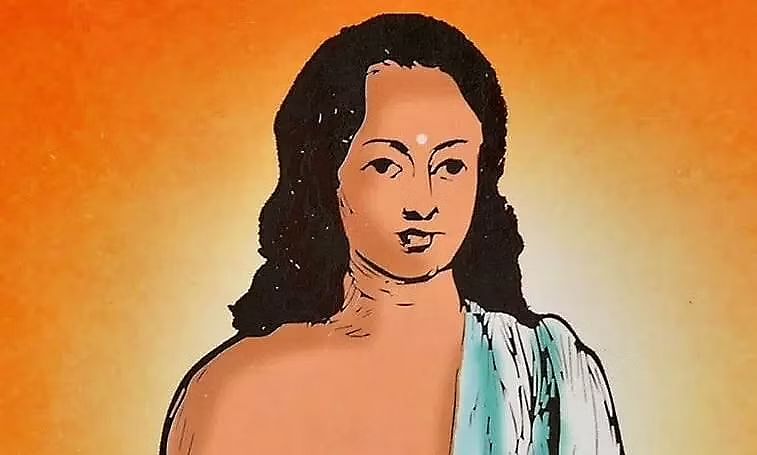The state of Assam today vibrates with the chants of Sri Sri Madhavadeva and Harinam, commemorating the 535th advent date of the revered Mahapurush Madhavadeva. Various parts of the state are indulging in respectful and devoted celebrations of the Advent Tithi Festival.
The commemoration of the birth anniversary of the Mahapurush began on June 4 at Dhekiakhoba Barnamghar. Cultural competitions featuring borgeet, sattriya dance, and khol playing are taking place at the Barnamghar premises, as well as in Barpeta, Sundaridiya, and Ganakakusi. A two-day program marking Sri Sri Madhavadeva’s birth anniversary is also being organized in Barpeta Satra and Sundaridiya-Ganakakusi.
Born in 1889, Sri Sri Madhavadeva’s contributions to Assamese culture and spirituality are invaluable and will remain embedded in the identity of the Assamese nation. Like Srimanta Sankardeva, Madhavadeva’s scholarship was wide-ranging, as exemplified in his profound works, such as the revered ‘poof badhaar po’, as called by Shankaradeva.
Madhavadeva’s creations, similar to those of Srimanta Sankardeva, extended beyond the realms of devotion. The immortal creation of the Mahapurush, ‘Namaghosa’, beautifully blends devotion and poetic expression. Dr. Satyendra Nath Sharma has conducted an extensive research study on ‘Namghosa’, published in ‘A Comprehensive History of Assamese Literature’.
Madhavadeva’s literary legacy primarily comprises narrative and theoretical literature, in addition to borgeet and other poetic works, following the path of Guru Shankardev. His contributions to Assamese literature and drama, initiated well before the time of renowned playwright Shakespeare, are considered to be foundational.
While studies on Madhavadeva’s literary legacy are ongoing, discussions surrounding his contributions to modern Assamese literature, particularly in the realm of drama, have been minimal.
